Did you ever wake up feeling disconnected from the reality around you? What if it was all a dream? What if your past, memories, future, were nothing but a game?
From Plato’s cave myth to modern theories of the simulated Universe, humankind has always peered into the depths of reality and challenged its perceptions.
Who hasn’t had the experience of waking up from a dream so sharp that it blurs into reality? What if reality was a dream? Have you seen the advances in virtual reality? What assures you that your experiences are not simply a simulation? And who hasn’t felt, at least for a moment, a sense of estrangement from the world around them, almost like a compelling need to wake up?
“You see, that’s the real secret of life: to be completely involved in what you’re doing in the here and now. And instead of calling it work, realize it’s a game.” – Alan Watts
In this article, you will explore these common experiences and the transformative power of seeing life as illusory, dreamlike, or as a game.
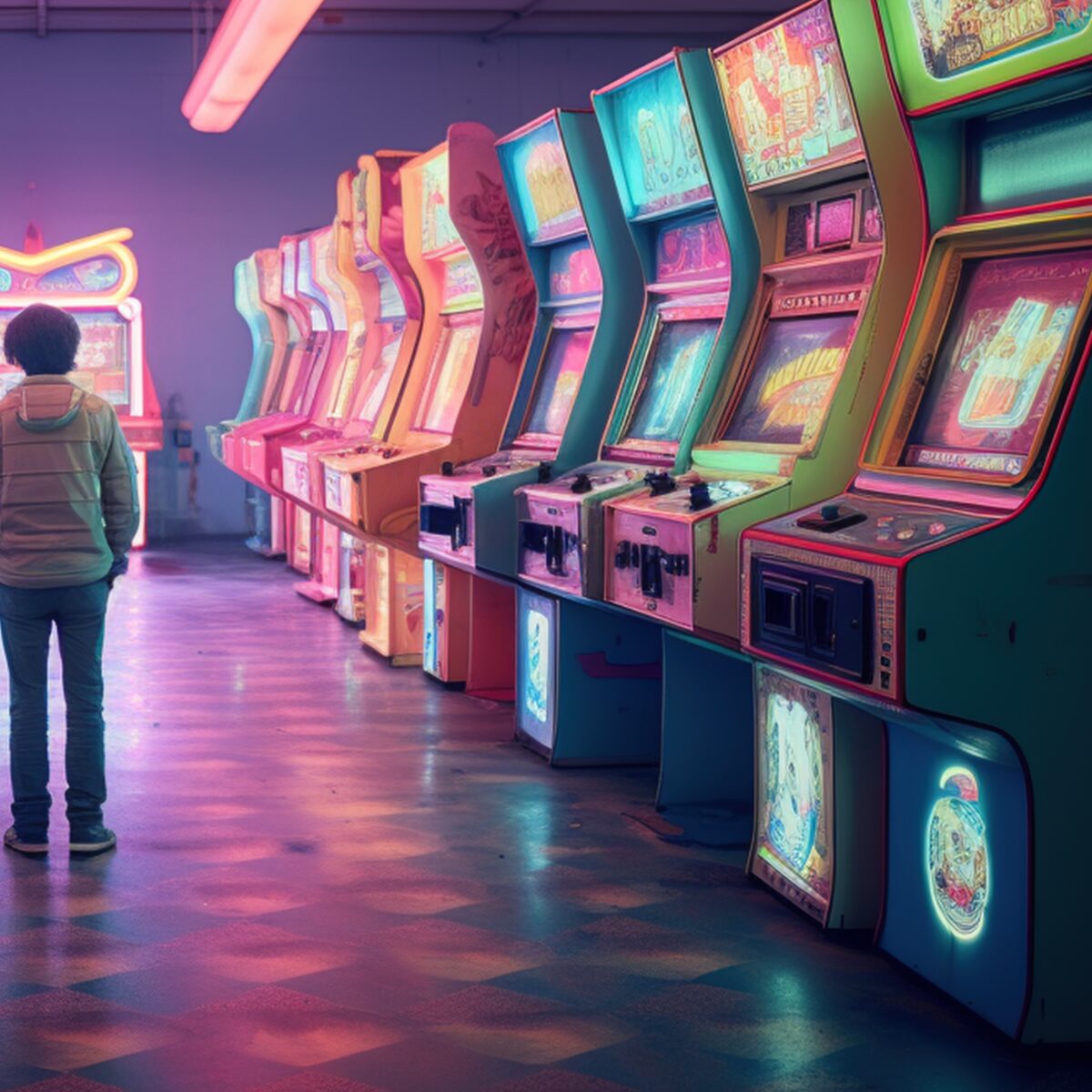
Coincidences, déjà vu, dreams and virtuality: Experiences of the unreal in the everyday
Have you ever had a dream so vivid and realistic that it seemed real? Have you ever woken up and not known whether what you remembered was a dream or reality? Have you ever experienced déjà vu so intense that it felt like a real short-circuit in reality? And have you ever been faced with coincidences so improbable that they seemed predetermined, almost the work of a watchmaker?
Anyone familiar with video games and advances in virtual reality will have wondered at least once: what if my life was a simulation of a virtual reality? What if I were in an Arcade of the year 3,025, attached to electrodes that simulate a virtual life, dilate my perception of time, and imitate memories and experiences as a pure form of entertainment?
What about the people in my life? Are they, too, nonexistent projections of a generative artificial intelligence algorithm? Exactly like the person in the photo to the right, generated entirely by artificial intelligence?

These brief moments of estrangement almost feel like parentheses of lucidity to us. As if we suddenly remember that we are in the middle of a play or play in which we have over-identified with our character.
If you recognize yourself in these experiences, read on. You are about to embark on a transformative journey into the real and the unreal, the simulated and the illusory, to emerge with a renewed awareness and a new perspective that will help you grow.
From Plato to the Matrix via Hinduism, Descartes, and Baudrillard
Since ancient times, humanity has been on the path to understanding reality and perception itself. In every age, civilizations have woven their own narratives about the world, but the essence of reality has consistently remained an elusive and subjective mystery.
In Plato’s allegory of the cave, humanity is imprisoned in the chains of its illusory perceptions. Locked inside a cave, with light coming from behind us, we observe only the dancing shadows on the walls, which we consider reality. It is only when we free ourselves from the chains and discover the world outside the cave that we understand the illusory nature of our perceptions.
This metaphor vividly embodies the way our beliefs are shaped by a perspective limited by our senses. It lets us imagine the multiplicity of hidden realities that may elude us simply because we lack the proper senses to perceive them.


In other words, it is like trying to explain colors to a person born blind, a struggle against the boundaries of our perception.
Incidentally, it should not be overlooked that the men in Plato’s cave considered a two-dimensional projection (shadows) of three-dimensional objects to be real. An interesting parallel with modern physical theories of the holographic universe, which assume that our reality is a three-dimensional projection of a multidimensional universe.
It is an idea, the Platonic one, that was precursor to Hindu philosophy with the concept of “Maya,” which takes us to the heart of the duality between illusion and truth. Maya, the cosmic illusion, hides from us the true nature of things, leading us to confuse reality with appearance. This profound conception prompts us to peer beyond the illusions of the material world in search of ultimate truth. Now let us see how this millennia-old idea has evolved over time to the present day.
Cogito, ergo sum
René Descartes‘ famous “Cogito, ergo sum” (I think, therefore I am) represents a modern evolution of this concept. Just as the men in the Platonic cave were supposed to doubt the shadows they considered real, Descartes invites us to doubt our concept of reality.
In a famous thought experiment, Descartes postulated the existence of a deceptive higher (artificial, we would say today) intelligence: a malevolent genie that manipulates our perceptions by misleading us about everything we believe to be true. Descartes came to the conclusion that although he had to doubt everything, he could not doubt the very fact of doubting. Therefore, the “Cogito, ergo sum” represents his fundamental certainty: because he thinks, he exists. A profound reflection on reality that invites one to doubt everything except one’s own being.
Baudrillard’s Simulacra
With the introduction of artificial intelligence and simulation systems, these thoughts have taken on an almost disturbing concreteness today.
According to Jean Baudrillard, in Simulacra and imposture, we live in a society in which the line between reality and representation has blurred. Simulacra are representations that have no real reference, but are created and perpetuated by society itself. From this perspective, reality becomes a series of simulacra, creating a world in which the distinction between true and false becomes increasingly blurred.
Baudrillard argues that we are immersed in simulations, where what we perceive as real is actually a copy without an original. An eerie premonition in the early 1980s of the recent achievements of generative artificial intelligence, which is now capable of creating images, sounds and texts that may be indistinguishable from real creations. Like a malevolent genie capable of deceiving us by erasing the boundary between the real and the simulated.
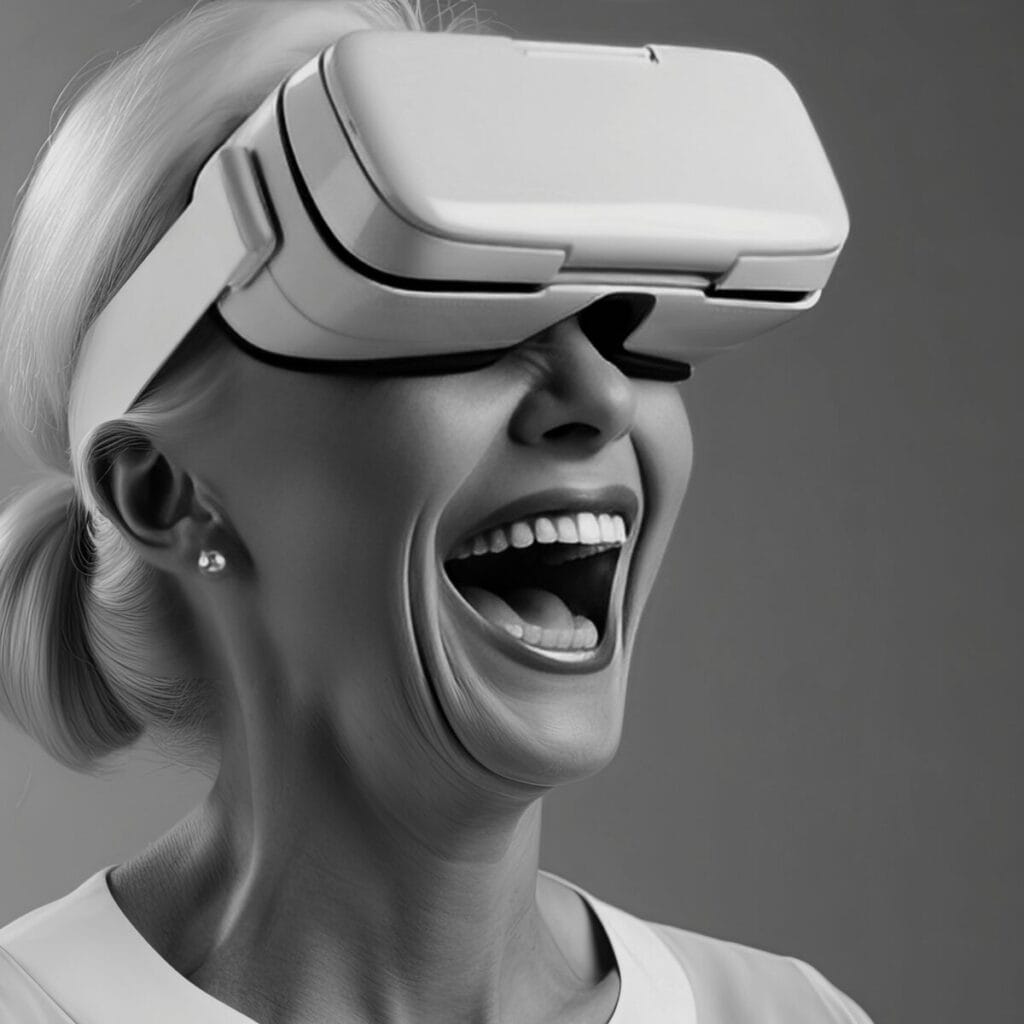
The film “Matrix” openly quotes Baudrillard, including his book in the setting of one of the scenes. This film offers a fascinating contemporary re-interpretation of simulacra. In the world of the film, human beings live in a computer simulation (the matrix), unaware of the true nature of their existence. Only a few individuals wake up from the matrix and understand the truth behind their apparent reality.
This scenario forces us to reflect on our own lives. It invites us to consider whether our daily experiences might also be part of a larger simulation, controlled by forces beyond our understanding.
Life as a dream
What if we were dreaming our reality? Alan Watts proposed the following thought experiment: imagine that every night you can dream any dream you want, and that you have the power in one night to dream an entire lifetime.
Of course, you would start this adventure by fulfilling all your desires. You would have every kind of pleasure you could imagine, and after several nights of several lifetimes of total pleasure, you would say, “Well, that was great.”
But sooner or later you would get bored. Your dreams would become too predictable, and so you would say, “Let’s throw in a surprise. I want to have a dream that’s not under control, where something happens that I’m not expecting.” And you’d love it, and you’d come out saying, “Wow, that was close! And then you would become more and more adventurous. You would make bolder and bolder bets, until finally you would dream about exactly where you are now: you would dream the dream of living the life you are living today.
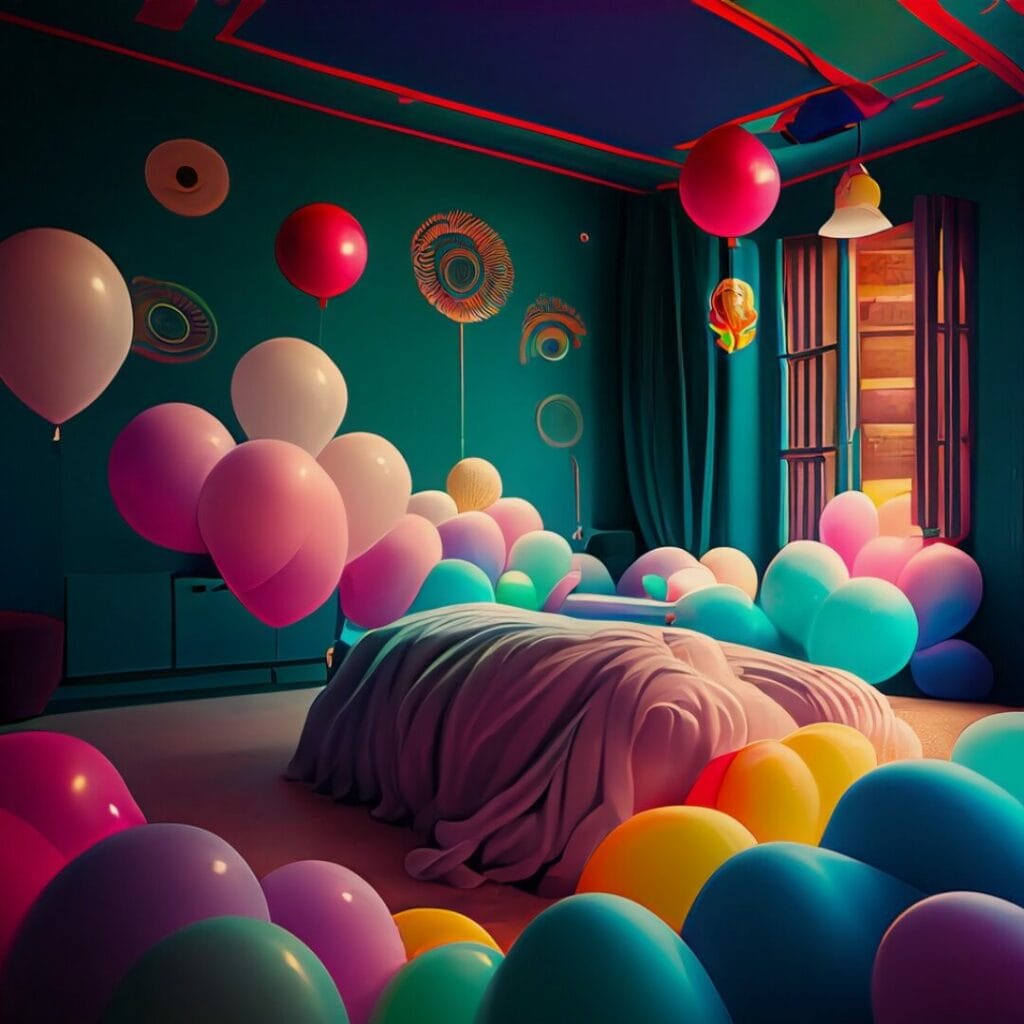
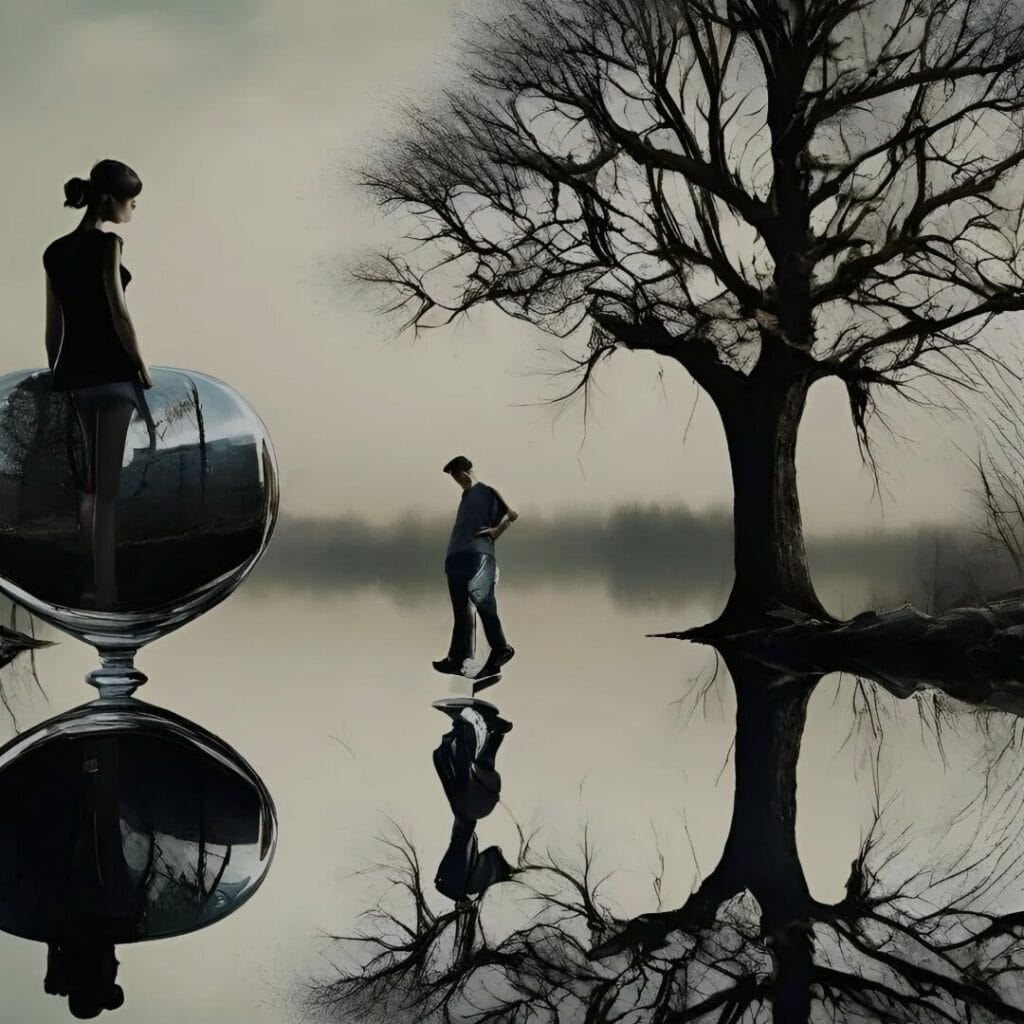
What does this experiment mean? The biggest mistake we make is thinking that a perfect life is devoid of problems, difficulties and challenges to face. Obstacles, however, are an essential component of any experience worth living; they are a crucial part of our existence.
Once we understand this concept, we no longer look at failure, adversity or loss with the same gaze. We no longer view them as punishments that make our lives miserable, but rather as opportunities to grow and progress as individuals.
Every challenge we encounter is an opportunity to develop personally, and without them, we could not evolve.
What should we do, then? We should pursue our dreams. We should enroll in the course we have been longing for, start that project that was close to our heart. We should seize those opportunities and take those risks, for they represent the great adventure of our lives.
It is precisely in the moments when we are at the edge of our capabilities, when we are not sure whether we will succeed or not, that we live with the most intensity. It is precisely in those moments that life offers us its most valuable lessons. This means pursuing our happiness. Let us now deepen this concept with another powerful analogy, that of a video game.
Life as a (video)game
Life is often considered a serious matter, an experience full of responsibilities and consequences. After all, the decisions we make and the actions we take determine our future and that of others.
However, this perspective often leads us to carefully evaluate our choices and take them with some gravity, aware of the implications they entail. What if the best way to deal with the seriousness of life is to approach it as a game?
Consider this experiment. Imagine that you are presented with an advanced video game that simulates an entire human existence. You connect to electrodes and in an instant you are in a completely different body, in an unknown place.
Thus begins your new life, which feels extremely real and immersive. You no longer have any memory of your life and identity before you put on the electrodes of the game. You live each stage of your simulated life in the belief that it is the only reality: from childhood to old age, through the joys and challenges of a normal human life.
You are completely immersed, not realizing that everything you are experiencing is just a game. You grow up, go to school, fall in love, face work and financial difficulties. Living each moment as if it were real, you face a series of events. You get married, have a child, get sick, get well until you have a sudden accident that ends your life. Everything seems to be over until the helmet is removed and you realize it was all a game.
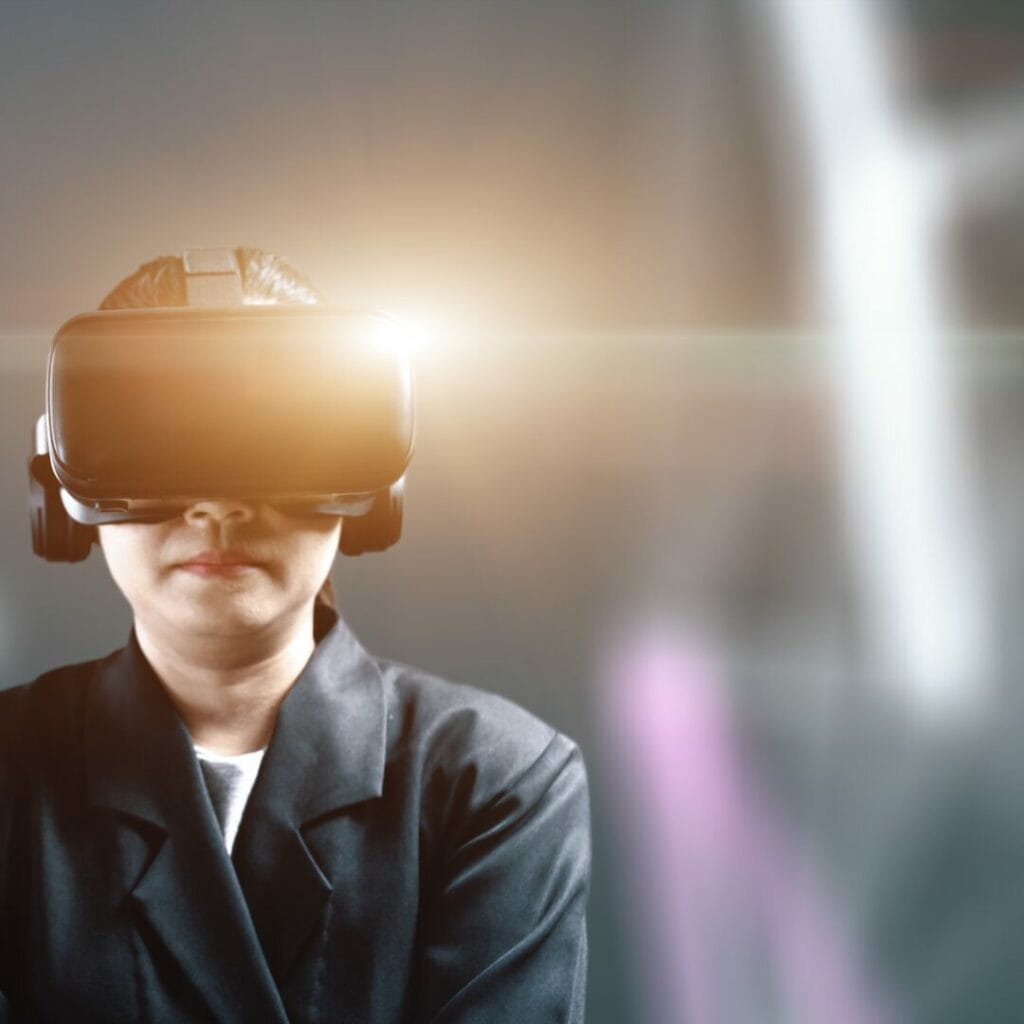
The game experiment raises fundamental questions about life and how we deal with challenges. If you knew your life was just a game, how would you live it? Would you choose to play it cautiously, following the traditional path, or would you take a more adventurous approach? If life is just a game, what does it mean to win? What is the ultimate purpose of this simulated existence?
The Art of Embracing Uncertainty
Perhaps, the answer lies in balancing fun and adventure with responsibility. Ultimately, an overly cautious life leaves us trapped in the bitterness of lost opportunities, unlived lives and untapped talents. However, a life that is too risky can leave our natural need for security and stability unsatisfied.
Seeing life as a game offers a unique and liberating perspective. It invites us to see challenges as opportunities to grow and learn, rather than as insurmountable obstacles. It encourages us to take calculated risks, explore new possibilities and embrace uncertainty with boldness and creativity. It enables us to adopt a lighter, more playful mindset that helps us overcome obstacles with resilience and optimism.
Life as a dance
In closing, we would like to share a piece by Alan Watts, a poetic metaphor for life that may resonate deeply with you.
Existence, the physical universe, is basically playful. There is no necessity for it whatsoever. It isn’t going anywhere. It doesn’t have a destination that it ought to arrive at. But it is best understood by analogy with music, because music, as an art form, is essentially playful.
Music differs from, say, travel. When you travel you’re trying to get somewhere. But in music, one doesn’t make the end of a composition the point of the composition. If so, the best conductors would be those who played fastest and there would be composers who only wrote finales. People would go to a concert just to hear one crackling chord because that’s the end! Same way with dancing. You don’t aim at a particular spot in the room because that’s where you will arrive. The whole point of dancing is the dance.
But we don’t see that as something brought by our education into our everyday conduct. We have a system of schooling which gives a completely different impression. It’s all graded and what we do is put the child into the corridor of this grade system with a kind of, “Come on, kitty, kitty,” and you go to kindergarten and that’s a great thing because when you finish that you get into first grade…then you’ve got high school, and it’s revving up, the thing is coming, then you’re going to go to college…you go out to join the world.
then you get into some racket where you’re selling insurance, and they’ve got that quota to make, and by god you’re going to make that, and all the time the thing is coming, it’s coming! It’s coming! That great thing. The success you’re working for.
Then you wake up one day about 40 years old and you say, “My god, I’ve arrived. I’m there.”And you don’t feel very different from what you’ve always felt and there’s a slight letdown because you feel there’s a hoax. And there was a hoax! A dreadful hoax.
We thought of life by analogy with a journey, a pilgrimage, which had a serious purpose at the end and the thing was to get to that end, success or whatever it is, maybe heaven after you’re dead. But we missed the point the whole way along. It was a musical thing and you were supposed to sing or to dance while the music was being played.”

Find us on social media
